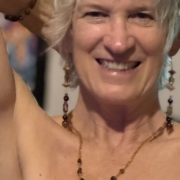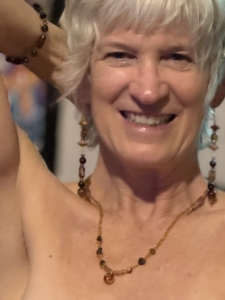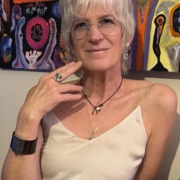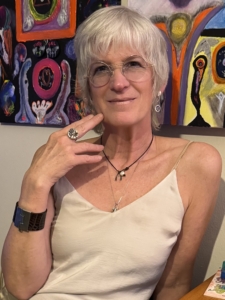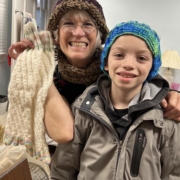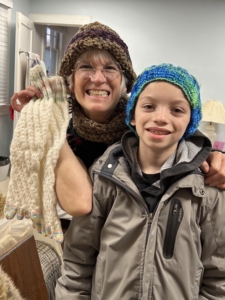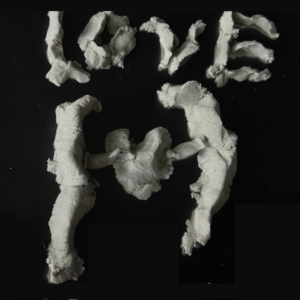Cancer is Never Nothing

Photo by: Carol Forman
Navigating through cancer has been a roller-coaster ride of emotions. Lucky for me, this scare was a short-lived one-and-done surgical procedure. I’m now cancer free.
The experience, however, of sharing my diagnosis of skin cancer with friends and colleagues, had a trickle down effect that scared me more than the cancer. I was met with a range of responses, some of which, made me question friends’ sincere care.
Comments like, “skin cancer’s nothing, you’ll be fine,” may have had the intent to make me feel better. But actually, made me feel dismissed.
Cancer is never nothing! (A quote from a cancer surgeon).
And, how would any non-doctor know if I’d be fine?
If your intent is to comfort a loved one in need, this message is for you.
In my cancer experience, there was the haunting feeling that the “Big C” found its way inside me, and forevermore, I’ll be on the lookout for its next move. And, there was the practical fact, that I’ll lose work and be in pain in the same foot I’d just nursed back to health from a fascia rupture.
Comments like, “I’m sorry you’re having to go through this, but I’m glad that they caught it,” actually did comfort me. They were true statements that considered the feelings and facts I was actually floundering through.
A here-and-now death was not what scared me. Living through the next few weeks was. I believe, this is the case for more health scares than not.
It was hard to know what to ask for, when swimming in the “I don’t know” abyss of cancer. And, in the like, it must have been hard to know what to say, when asked to respond to that “I don’t know” abyss.
What I learned from this cancer experience is that, being in the “I don’t know” with someone in need is the kindest and most comforting path to take.
But, sitting in the muck with someone asks us to be brave enough to remember, or sit in for the first time, our own fears. And, recognize that we don’t know another person’s fears unless we take the time to ask.
I appreciate everyone’s intentions to comfort me. And, now that my recovery is on the homestretch, I’m no longer scared by the unintentional dismissals I experienced when in the thick of it.
I write this to help us all remember to consider the “I don’t know” abyss when consoling another’s situation. Because that is what’s at the heart of every matter.
Philosophical overviews, personal experiences or false proclamations don’t soothe the heart. Once you console the “I don’t know” abyss of the heart, philosophy and experience can soothe their mind and body… love before lecture.
The support I received through texts, checkin calls, appointment company, and a homemade cake, has assured me without question, that I do have support in the world.
Thank you to everyone.



